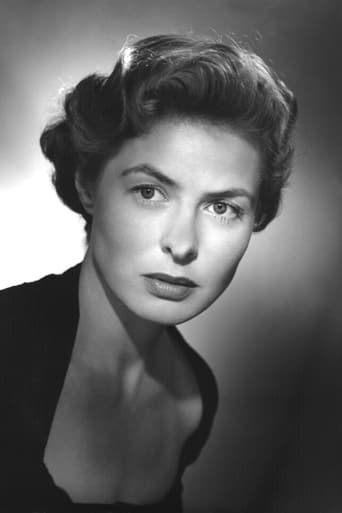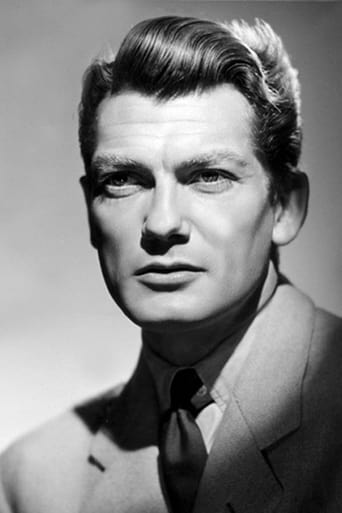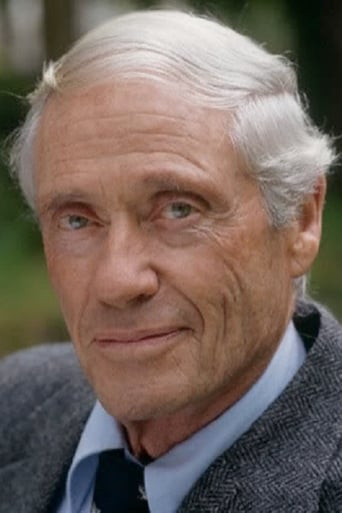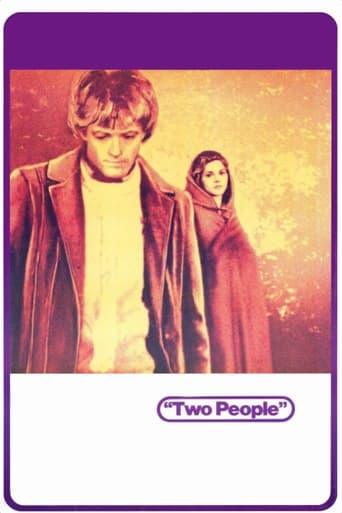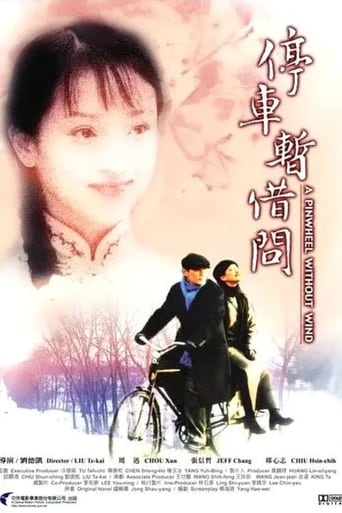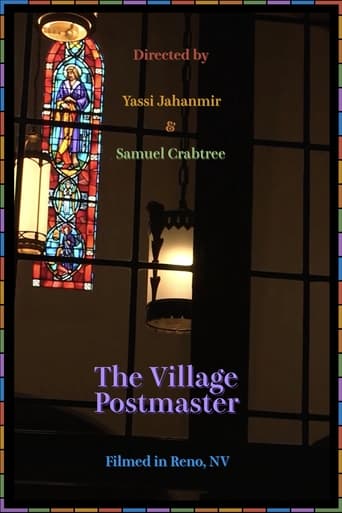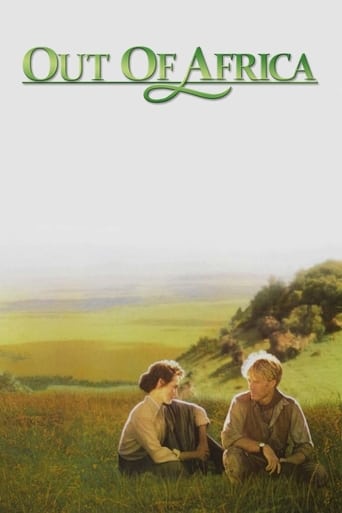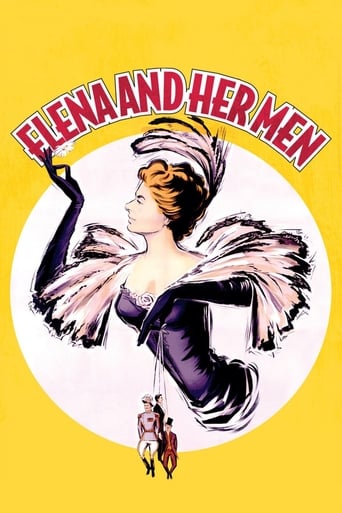
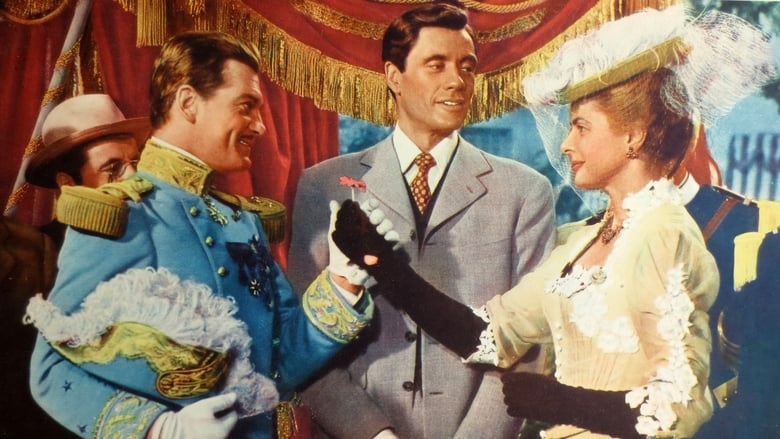
Elena and Her Men (1956)
Set amid the military maneuvers and Quatorze Juillet carnivals of turn-of-the-century France, Jean Renoir’s delirious romantic comedy Elena and her Men stars a radiant Ingrid Bergman as a beautiful, but impoverished, Polish princess who drives men of all stations to fits of desperate love. When Elena elicits the fascination of a famous general, she finds herself at the center of romantic machinations and political scheming, with the hearts of several men—as well as the future of France—in her hands.
Watch Trailer
Cast
Similar titles
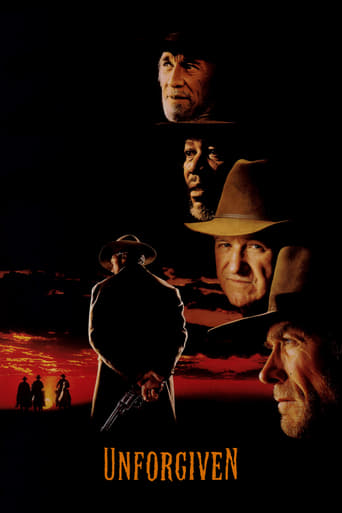

Reviews
Pretty Good
Good story, Not enough for a whole film
Don't listen to the negative reviews
Ok... Let's be honest. It cannot be the best movie but is quite enjoyable. The movie has the potential to develop a great plot for future movies
it is the film of Ingrid Bergman. like a demonstration of the comedy virtues of an actress defined by the roles in drama. in same measure, it is a Jean Renoir film. and both pieces are important for define a seductive, easy story about a young woman and her cruelty, in different forms, against the men. all is predictable and charming and comfortable. and this is the most important thing. because, it is the good occasion to meet an old fashion seductive small film , perfect for a beautiful leisure time.
A Jean Renoir vaudeville stars Ingrid Bergman as a Polish princess-cum-widow Elena Sokorowska in pre WWI Paris, merrily philandering with her suitors, until they are pinned down between two, the radical party general François Rollan (Marais) who is a candidate for the prime minister of the country and a romantic count Henri de Chevincourt (Ferrer). My second Renoir's film after THE RULES OF THE GAME (1939, 8/10), ELENA AND HER MEN is on a splendid parade of polychromatism with exquisite costumes and interior decoration, whereas the movie is indulged in its own flamboyance and fecklessness, not even Juliette Gréco's superb rendition could ease the despondent frown. Maybe it was Renoir's intention to make a film pandering for French audience and foreign Gallo- savants at its time, but the story is utterly uninvolving, all the rapid talking side characters pop up and romp around inordinately, which causes great trouble to comprehend what is going on on the screen, soon or later, all of them will inexplicably lapses into ridiculous buffoons, and more unsatisfying is that there is never enough room for viewers to savor the farce. Bergman has a gregarious presence in this light-hearted rom-com, a skip-deep socialite can equally excel in conquering any man she wants and appeasing any man she deserts, with her charm daisy. Two besotted gentlemen, either the aristocratic and uptight Marias or the more characterless Ferrer, fail to make strong impact other than a convenient pawn to be blindly swept off his feet by Elena ever since the first glance.Supporting roles galore, Jean Richard is Rollan's guard Hector, fights for the love of Lolotte (Noël), Elena's young maid, with Eugéne (Jouanneau), Elena's soon-to-be son-in-law, and truly, Elena is going to remarry with shoe businessman Mr. Martin-Michaud (Bertin), and their will be a double wedding with Eugéne marries his fiancée Denise (Nadal), things are all mismanaged under a political turbulence which one might find it difficult to decipher with its fast pace. Not to mention Rollan's quartet political corp, things could not be more messier. Renoir certainly is still good at his trick with various characters bungle together within a carefully measured frame, but it doesn't change much for the haphazard love-triangle, in the end, one can only wish it could end as soon as possible, since our rationality determines that it doesn't worth all the effort.
Renoir introduces Elena as a "fantasy musical". The opening scene is in an artist's studio while a piano is practiced on. There is a superior use of depth of field but Bergman is the focal point (Renoir was quite smitten with her as evidenced by their years of personal communication). There are shades of Nana however that may have marred positive response to the film upon release. Bergman's character is not imbued with a clear motivation that brings everything around her into focus. It is simply her external self that is to be that which is focused upon. Well, that wasn't good enough in 1926 and nothing much had changed thirty years later. Is Bergman's Elena a symbol or a mere good luck charm? Hard to tell at first viewing. Again multiple cuts replace the long take and tableau construction of mise-en-scene replaces mobile framing. Elena is certainly not in the realm of 'realism' attributed to Regle. Point in case is when an old military jacket is commented as being tattered yet is clearly immaculate and freshly dry-cleaned at the other end of the studio minutes before. The immaculate mise-en-scene of the color "trilogy" is a psychologically-based construction and operates as a reflective process for the spectator to find pleasure in an unblemished vision. In effect, Renoir has shifted from letting a story tell itself through his direction to directing how the story is projected. "Everyone has their plans" replaces the old Renoir credo of "everyone has their reasons" and the distinction fits nicely with my own thesis about Renoir's two stylistic systems. In Carrefour, the camera investigates through the lattice work of a door window creating a layered space whereas in Elena an idle courter bangs in futility at a door with similar lattice but no great depth of field. For Faulkner, it is a conflict of private and public spheres at play where the woman's power is effected through performance. It seems unlikely that this theory plays out cleanly given Renoir's consistency with empowering female characters through a variety of means. The film has more significance and less entertainment value the more you know and understand of Renoir's oeuvre.
Jean Renoir once told he wanted to make this movie to see Ingrid Bergman smile to the camera. This is the strength and the limit of Elena et les hommes. Ingrid Bergman smiles, living buoyantly in this colorful political farce. She and every other character involved goes nowhere. Hence the movie can be seen as a light series of social shafts of wit, something Renoir has always been good at showcasing. He delivers this, his nephew delivers a really nice cinematography but on the whole it looks artificial and vain.Not a great movie so, but it's always a pleasure to see Bergman smile.
